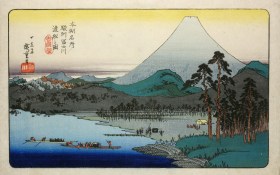Between the Bars
Nettie Horn Gallery
Until 5th December 2010
Last week on Vyner Street, Nettie Horn gallery opened Between the Bars, a solo exhibition of a new body of work by the Indonesia born, Berlin based, artist Yudi Noor.
A problem often faced by gallery shows is how to present (usually within a relatively small space) a range of the artist’s work – in the case of Noor this being collage, a variety of sculpture and installation – while achieving the aim of forming a cohesive show that ties the works together under a tight umbrella of overarching themes and ideas. ‘The gallery’ is often caught between wanting to illustrate the artist’s flexibility and varied nature to buyers while simultaneously creating a museum show. Some galleries pull this off, others however do not, and one is left reading the press release with one eye and eying up the work with the other – desperately trying to connect the dots between the two. Unfortunately this show is no exception, and the multiple themes presented to us were not fully explored in the space.
The first room consists of a series of collages and a range of sculptural works, each appearing like individual displays such as Joglo, a wooden box, crystal glass and a rubix cube set on a spray painted stand, or Breaking the Water Picture, a teak wood stand covered in Plexiglas displaying an Islamic style jug and glass bottle tops. While these eclectic sculptures are meant to house cultural, religious, social and political symbols they feel somewhat underdeveloped and the room, the body of work, is not united under these themes; rather each individual piece is lost in layers of symbolism.
Certain individual works within this room are strong however: Entering to Nothing Else, consisting of a wooden pole standing in a teak wood cube which itself is encased in a neon cube, is not only beautiful and intriguing but draws on a pluralism, the idea of ‘unity among diversity’ which is echoed to some extent in all Noor’s work; but while individual works are interesting, the room, as a whole, seems a little lost.
The second room was perhaps more cohesive with an installation of neon based works, which again through their material draw on contemporary thought and practice, with wires scattered all over the floor – symbolic of a modern existence. However, while the works do seem united under common themes in this room, they appear to be a little general – in contrast to the over-symbolic nature of the first room.
Yudi Noor’s success lies in bringing together a range of materials and objects, and through these diversities and juxtaposition he touches on the complexities of contemporary culture and the roles that history, religion and identity play in our understanding of the current world. His work in the show is aiming for story- telling through symbolism and in a sense it does achieve this through its mystery and diversity in object and material; however we are left wondering exactly what are the stories, whether the juxtapositions are always visually relevant and stimulating and whether each work forms a body, a united story or theme, or whether they all sit in a white room together relying on the viewer to pull out the relations and sift through the cultural generalisations.
Until 5th December 2010
Nettie Horn
25B Vyner Street
Bethnal Green
London
E2 9DG
020 8980 1568
www.nettiehorn.com
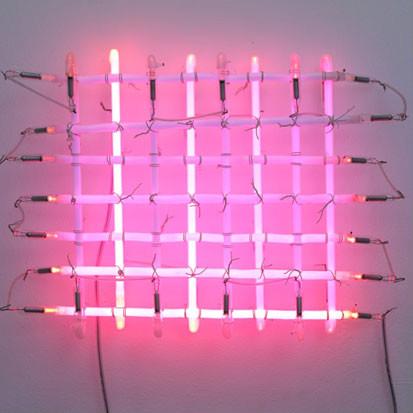
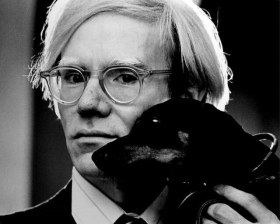
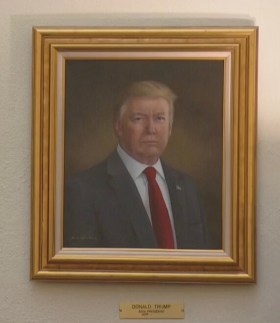
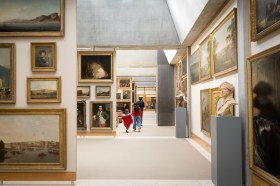
_Encounters-in-Reflection_Gallery3BPhoto-by-Anpis-Wang-e1745414770771.jpg?w=280)
